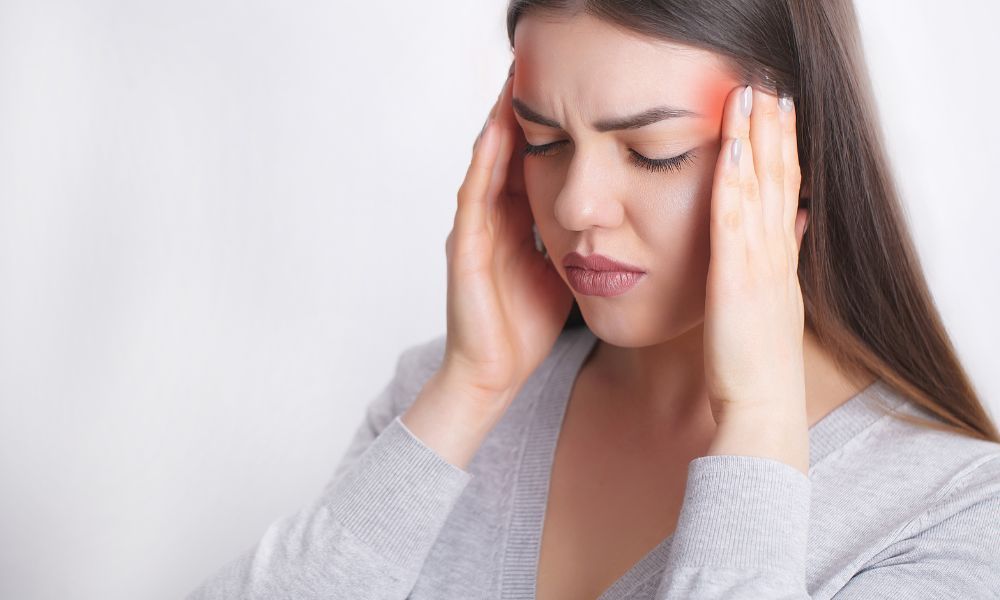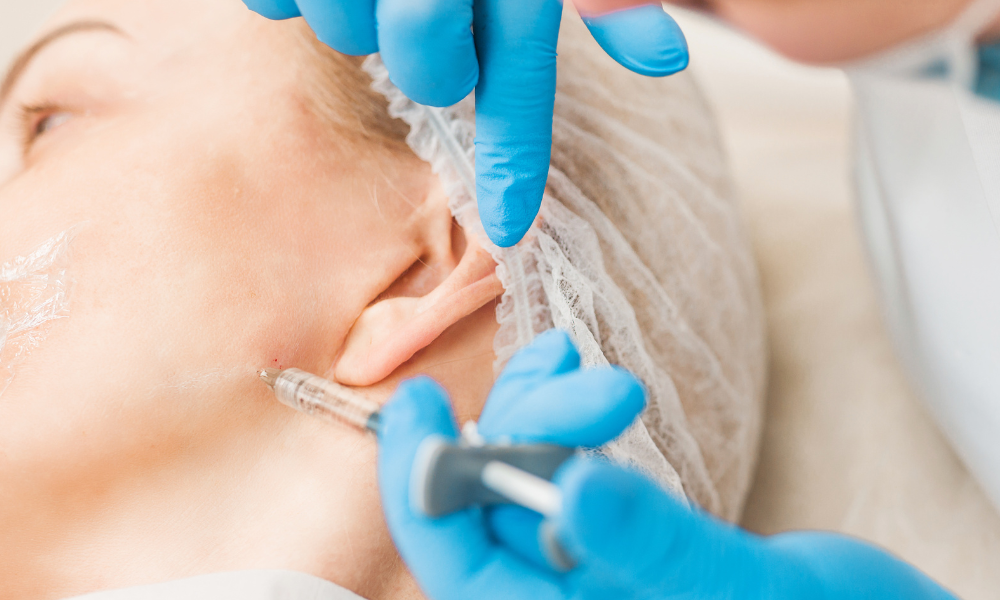
A growing body of evidence indicates that stress plays a significant role in the development and exacerbation of orofacial pain conditions, including temporomandibular joint disorders (TMD/TMJ), myofascial pain, atypical tooth pain, trigeminal nerve disorders, and neurovascular and neuropathic pain. The physical and emotional implications of stress can greatly influence our overall well-being and contribute to the onset or worsening of various orofacial pain conditions. For individuals suffering from these pain conditions, understanding the connection between stress and orofacial pain is crucial for effective prevention, management, and coping strategies. In this article, we delve into the role of stress in orofacial pain, explore the physiological and psychological mechanisms at play, and provide actionable insights into stress reduction techniques and other coping strategies to promote a healthier, pain-free lifestyle.
Stress can manifest in many ways, affecting both our bodies and our minds. Physically, stress is known to cause muscle tension, elevated cortisol levels, and increased inflammation—factors that can contribute to the development of orofacial pain. Emotionally, stress can diminish our capacity to cope with existing pain, making it more challenging to manage and even exacerbating symptoms. For many individuals, this creates a vicious cycle of pain and stress that may negatively impact their overall quality of life.
In the following sections, we will discuss the role of stress in the development and exacerbation of orofacial pain, delve into the physiological and psychological mechanisms behind this link, and provide evidence-based guidance on stress reduction techniques, coping strategies, and complementary treatments that can help patients effectively manage their orofacial pain conditions while enhancing emotional resilience. By understanding the interplay between stress and orofacial pain and implementing these insights into their daily lives, individuals can take proactive steps towards breaking the cycle of pain and stress and ultimately creating a healthier, happier future free from orofacial pain.
The Psychological Connection Between Stress and Orofacial Pain
- Pain Sensitization
Chronic stress can lead to changes in the nervous system, resulting in increased pain sensitivity. This heightened sensitivity can make individuals more susceptible to orofacial pain and result in a lower tolerance for existing pain symptoms. - Coping and Emotional Well-being
Stress has a significant impact on our ability to cope with pain and our overall emotional well-being. Chronic stress can leave individuals feeling overwhelmed and unable to effectively manage their orofacial pain conditions, leading to a decreased quality of life and a heightened perception of pain.
Stress-Reduction Techniques and Coping Strategies
- Relaxation Techniques
Practicing relaxation techniques, such as deep breathing exercises, progressive muscle relaxation, and guided imagery, can help reduce muscle tension and promote a sense of calm. Regularly incorporating these techniques into your daily routine can help counteract the negative effects of stress on your orofacial pain symptoms. - Cognitive Behavioral Therapy (CBT)
CBT is an evidence-based psychological treatment that helps individuals identify and change unhelpful thinking patterns and behaviors contributing to stress and pain. By learning new coping strategies and developing a more adaptive response to stress, individuals can better manage their orofacial pain conditions and improve their overall well-being. - Physical Activity
Regular physical activity has been shown to reduce stress and promote overall health. Exercise can help relieve muscle tension, improve mood, and increase circulation, all of which can be beneficial in managing orofacial pain symptoms. - Mindfulness and Meditation
Mindfulness exercises and meditation can help individuals develop greater awareness of their thoughts and emotions, allowing them to respond to stress more effectively. By practicing mindfulness and meditation, people can learn to better manage their stress responses and reduce the impact of stress on their orofacial pain symptoms.
Complementary Treatments for Managing Orofacial Pain
- Acupuncture
Acupuncture has been shown to help reduce stress and promote relaxation, making it a potential complementary treatment for managing orofacial pain. By targeting specific points on the body, acupuncture can help alleviate pain and address the stress that may be contributing to orofacial pain conditions. - Massage Therapy
Massage therapy can also be effective in reducing stress and addressing orofacial pain symptoms. By targeting areas of tension, such as the face, jaw, and neck, massage can help relieve muscle tightness, promote relaxation, and ultimately reduce orofacial pain symptoms.
Conclusion
Understanding the connection between stress and orofacial pain is crucial for effective prevention, management, and coping strategies. By employing stress-reduction techniques, pursuing complementary treatments, and addressing the emotional aspects of pain, individuals can break the cycle of stress and orofacial pain and create a healthier, pain-free lifestyle.
A knowledgeable healthcare provider, such as Dr. Bloxham at the Columbia Center for Sleep Apnea and TMJ, can develop a comprehensive, personalized treatment plan that addresses both the physical and emotional aspects of your orofacial pain condition. Contact an expert in
TMJ pain in Richland today!











